Having a tween daughter can be so much fun, but with the thought of her first period hanging on the horizon it can bring some nervousness for all parties involved. It can be hard to know how to navigate what the best course is to take when your daughter is about to get her first period. She may get completely freaked out, or may handle it much better than expected.Â
The first thing you will want to make sure she knows is that communication between her and you is wide open when it comes to period talks. If she doesn’t feel comfortable with talking with you about it, then find another trusted adult she can talk with, whether that be another family member, coach, or teacher. Â
At first your daughter may be bursting with questions. What will it feel like? How long will it last? How often does it happen? What to do if she starts at school? All of these questions are good for her to ask and opening that communication between you allows you to help her find answers that she can live with and be ok with when learning about this big change her body is going through.Â
Explaining to your daughter why women get periods can be beneficial in her understanding what her body is doing. Letting her know that this is the process her body has to go through for her to one day have a baby. Â
By The Numbers
Periods usually start between the age of 11 and 14. But some girls can start as early as 9 or as late as 15 or 16. Signs that your daughter’s period is near are if she has just gone through a major growth spurt, she has started to develop hair on her underarms or pubic area, or she has started to grow breasts.Â
Her first period may be light and may only last for a few days. Letting your daughter know that periods can last between 4-7 days is alright. Sometimes they can even last up to 10 days. Only if they last longer than that is it time to go see a doctor.Â
Cycles usually are 25-35 days apart, though right at first they may not be regular. Meaning she could start sooner, or even later than that normal window. It can be helpful to track your daughter’s period either for her or with her on an app on your phone, or with a calendar. Â
Be Prepared
Once your daughter understands that part you can move on to what she is going to use as supplies. Talk her through the options, pads, tampons, period underwear, or menstrual cups. Usually girls just starting are more opt to pick the pads. They are easier to handle and be responsible with when they first start out.Â
Some girls want to try tampons if they are active or swimmers, so helping them navigate those is key so they know how to properly insert them, as well as how long they should leave them in for. Make sure when buying tampons for your young girl, to buy the ones that say teen on them. They are much narrower than adult tampons.Â
After choosing what your daughter wants to use, explain to her how to use them, how often she should change her pad, and even how to dispose of them. Make sure you are hands on if she has any questions, so that your daughter knows exactly how to use the supply of her choice. Â
Eliminate Fears
One of the biggest fears is to start your period when you are away from home. You and your daughter can make her a little period kit together. Get a little baggie that she can keep at the bottom of her backpack or purse that she takes with her everywhere. Inside have some period supplies as well as some clean underwear. That way if she starts and doesn’t realize it, she can wrap up her soiled underwear and dispose of them, while having a fresh pair readily available for her. Let her know that period mishaps happen to everyone, even adults. Meaning that sometimes she will bleed through or leak. That it is ok, and it is just part of it. Letting you know if it happens at night right away though so you can make sure all sheets can be laundered before they are needed again. Â
Being Part of the Sisterhood
This is a good time for you to talk about having other girl’s backs at school. If you think one of your friends is leaking or has started and doesn’t know it, kindly and quietly say something to your friend. If your friend doesn’t have any supplies with her, but you do, secretly share some with her. Verbalizing that all women go through this can be helpful as well to your daughter. Just hearing it out loud that she isn’t alone in this can be peace of mind. Â
Stay Positive
When talking about periods try not to focus too much on the negatives. Sometimes activities such as swimming may have to be put off if your daughter hasn’t started wearing tampons, instead of making a big deal about it try to reassure her she will get other times to swim. Â
Symptoms to Expect
Symptoms your daughter may experience with her period are cramps, back pains, sore breasts, moodiness, acne, or bloating. Let her know she may get some of these but she may not. They are not symptoms of sickness, just symptoms of something happening to her body. It is not the time to wallow around as though she is sick. Let her know that some light exercise, yoga, heating pads, or pain medications may help her with these symptoms if she experiences them. Â
Complications
You may need to reach out to your doctor if your daughter experiences one of the following; pain while using tampons, periods that occur sooner than 21 days apart, periods that don’t happen for 6 months, heavy periods where your daughter is bleeding through a pad faster than two hours, excruciating pain that doesn’t subside with pain medications or other pain relief, diarrhea or vomiting during her period, extreme mood swings or depression that stops her from completely daily activities. If any of these occur you will want to talk to your child’s doctor.Â
TakeawayÂ
Your daughter’s first period is a big milestone. One that you both should be ready and prepared for so that it doesn’t catch you off guard. Talking to her and letting her know questions are encouraged and that you are here to help her will give her some peace of mind. Â
Read more:Â How to Relieve Period Cramps – Doctor Tips for DysmenorrheaÂ
Navigating first period fears - tips for mothers and daughters! #HealthStatus
Communication between mothers and daughters needs to be wide open when it comes to period talks!
Sources:
https://www.webmd.com/parenting/features/daughters-first-period-how-to-prepare#2
https://raisingchildren.net.au/pre-teens/development/periods-hygiene/periods
https://www.medicinenet.com/what_to_do_when_my_daughter_starts_her_period/article.htm
https://www.healthywomen.org/content/article/your-daughters-first-period-how-you-can-help
https://www.parents.com/kids/development/puberty/how-to-prepare-your-daughter-for-her-first-period-and-make-sure-it-doesnt/
https://www.verywellfamily.com/getting-her-first-period-at-school-or-camp-3288360
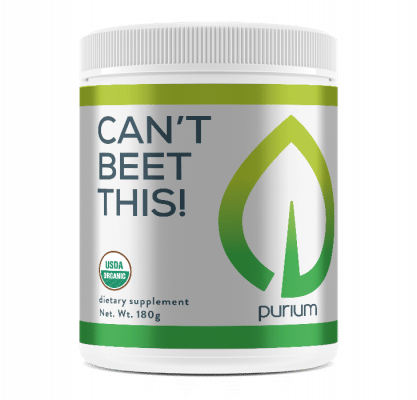
Packed with phytonutrients (“phyto” being the Greek word for plants), vitamins and minerals, beets provide support to many systems of the body from digestion to energy levels.
- Bodies convert the nitrates found in beets to nitric oxide, which helps improve oxygenation levels in the blood and overall circulation.
- The antioxidants and fiber act like natural cleansing agents, helping with the detoxification of toxins and heavy metals in the blood and giving the digestive tract a gentle flush to support a healthy elimination process.
- Consuming whole foods like beets is an excellent way to reduce the immune system from triggering ongoing harmful levels of high inflammation.
- Healthy blood pressure, stamina, and detox are just a few of the immune boosting benefits of beets. According to a study done on beetroot juice.
- Beets may stimulate cell production, which can protect your skin from premature aging and wrinkles. It’ll also keep your brain young by preserving it with nitrates to improve blood flow.



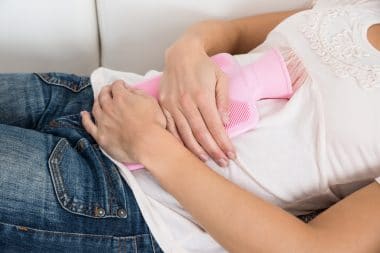
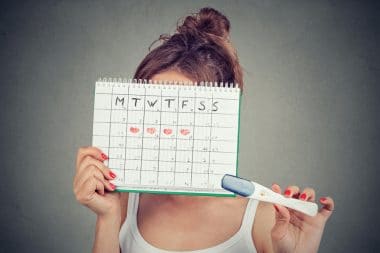
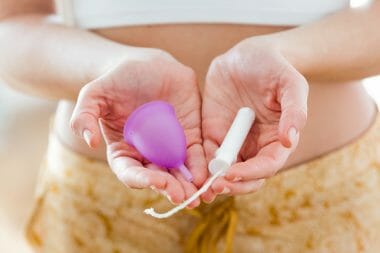

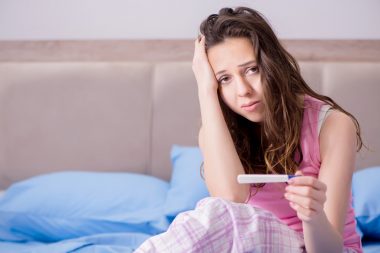
Reply